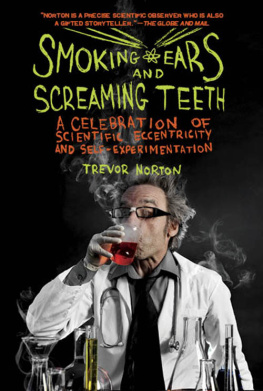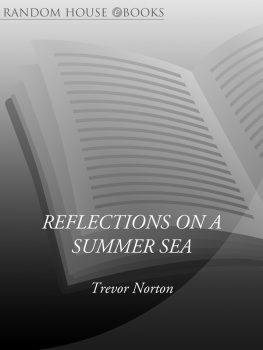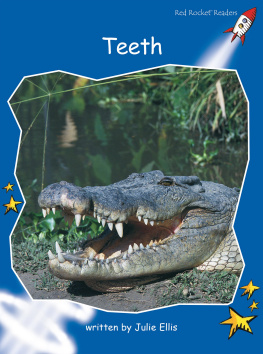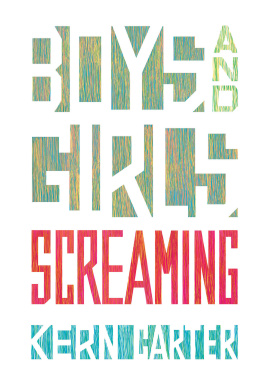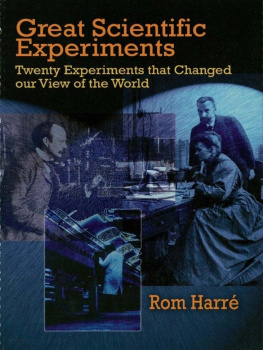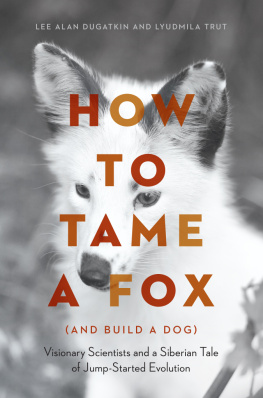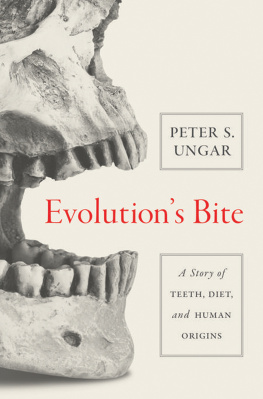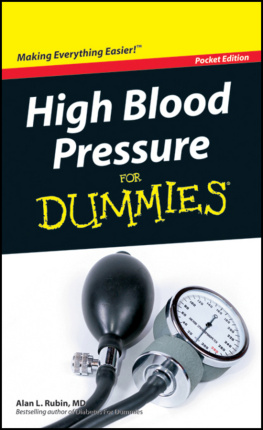

PEGASUS CRIME
NEW YORK
Contents
To Charlotte and Katie, two of the most delightful distractions while trying to write a book. And Win to whom I read my latest chapters in bed while she lovingly fell asleep.
Acknowledgements
I am grateful to the Directors of the Centre for Manx Studies for taking in the man who orders weird books after my retirement. I have benefited greatly from access to the libraries of Liverpool University and the Liverpool School of Tropical Medicine and I owe a special debt to Christine Sugden and her staff at the medical library, Keyll Darree, DHSS Education & Training Centre in the Isle of Man.
Thanks are due to those who drew my attention to literature I might otherwise have missed: Lynn Delgaty, Bernard Eaton, Andrew Sigley, Reg Vallintine, and Jon Franklin who kindly sent me the typescript of his book.
I am indebted to those who facilitated my access to information and people, particularly Dr John Bevan, Dr Andrew Brand, Drs Terry and Selma Holt, Mark Potok, Jenny and Gill at CMS, Erik Ahlbom for his translation skills, and the late and much missed Rosemary Pickard, and her staff at the Bridge bookshop.
Sincere thanks to Rachel Norton Buchleitner and Nick Austin for their meticulous proofreading, James Hamilton-Paterson for his helpful views on the book before I began to write it, Anna Webber for her encouragement, and Mark Booth and Charlotte Haycock who at all times acted as if my strange idea for a story was perfectly normal.
As ever, I have my wife Win to thank for many of the vignettes that adorn the chapters.
Preface
Live dangerously Friedrich Nietzsche
Scientists are curious in all senses of the word. I have spent my life experimenting, but only once on myself. I had read that urinatores, the frogmen of ancient Rome, went diving with a mouthful of oil. No one knew why. Perhaps they cupped their hands over their eyes and dribbled out the oil to form the oil-bubble equivalent of a lens so that they could see underwater. I determined to put it to the test so I submerged with a large bottle of cooking oil. After repeated attempts I saw nothing, swallowed half a bottle of Mazola and had the runs for a week.
When schoolchildren were asked to draw a scientist, ninety per cent of them drew a mad scientist. The incidence of self-experimentation by researchers may seem to justify this description. In the name of science they have swallowed tumblers of cholera, hydrochloric acid and some unmentionable things that I will be sure to mention.
Why would they do such things? Its a strange tale of altruism, vanity, courage, curiosity and of course stupidity.
If a little knowledge is dangerous, where is the man who has so much knowledge as to be out of danger? Thomas Huxley
He came, he sawed, he chancred
Speak with caution of what may be passing here, especially with respect to dead bodies William Hunter
In the eighteenth century medical men were either cultured physicians well-versed in the theory of medicine, or surgeons, practical men with saws. Both were steeped in ancient lore and received wisdom. Medical research was stagnant and patients were little better off than their great-great-grandparents had been. Then along came a Scottish farmers lad called John Hunter who changed surgery from a trade into a science.
Johns education was basic, but he had an unquenchable curiosity for nature that remained with him throughout his life. In 1748 he departed for London to join his elder brother William. Although he had trained as a surgeon, William sometimes fainted at the sight of blood so he was changing careers to become a fashionable physician and male midwife. John was enlisted to handle the bloody side of the business and was set to work preparing cadavers for teaching purposes. His skill at dissection was astonishing and he soon graduated to supervising Williams students. After being apprenticed briefly to two famous surgeons he became a house surgeon at St Georges Hospital, which had been set up to treat the deserving poor. It also gave surgeons licence to practise on the uncomplaining poor. Those who unknowingly offered their bodies for the training of surgeons were the vulnerable and the beneficiaries were mostly the wealthy. John spent his mornings visiting paying clients, and devoted the afternoons to treating the poor for no fee. At St Georges he attracted more poor patients than all the other surgeons combined.
John hoped that the hospital would give more emphasis to educating young surgeons, but failed to persuade the senior surgeons to give lectures. Eventually he gave evening lectures in his own home and over the years these became the inspiration for all young medics in London. They were well attended although on one occasion only a single student turned up. To augment the audience John hauled in a skeleton and began with his usual opener Gentlemen.
John Hunter never blindly followed current practice: he always observed, then improved. A stint as an army surgeon during the Seven Years War made him an authority on gunshot wounds. Battlefield surgery involved opening the wound to scrape out any debris and extract the bullet. Almost invariably the soldier died from an infection. Hunter achieved a much higher survival rate by simply staunching the blood and leaving the bullet in place. He learned that the human body could sometimes heal itself.
He dissected over a thousand corpses and knew the interior of the human body better than the layout of his own house. The more he knew, the fewer surprises there would be on the operating table. The acuteness of his mind matched the dexterity of his hands. He came to know not just the parts of the body, but their uses in the machine, and in what manner they act to produce the effect,
Hunter was not alone in his obsession; the artist George Stubbs spent eighteen months dissecting horses, working on each carcass for weeks. The rank smell would have turned the stomach of a less determined man, but the end result was his meticulous and monumental treatise on the anatomy of the horse.
Johns brother William founded a private medical school in Great Windmill Street, where almost two centuries later the publics interest in anatomy would be satisfied by Londons first strip club. Williams aim was to provide the practical anatomical skills neglected elsewhere. Medical examinations, even for surgeons, were usually verbal affairs with no practical test whatsoever. Most courses taught surgery with students witnessing a dissection, or examining sample dissections prepared earlier. A parsimonious Scottish professor made a single cadaver last for an entire course of a hundred lectures. In those days it wasnt just the students that got high.
The first cut that an aspiring surgeon made might well be on a live patient. Both William and John believed that surgical mistakes were best made on the dead, not the living. John taught his students that: Anatomy is the basis of surgery, it informs the head, guides the hand and familiarises the heart to a kind of necessary inhumanity.
In Hunters school each student would have a corpse of his own to practise on. That meant a lot of bodies and they had to be fresh, although not fresh as Tesco and Sainsburys know it. Dissection was largely a winter activity. Summer warmth rapidly dried the skin of a corpse as stiff as wood and turned its internal organs into glutinous porridge.

